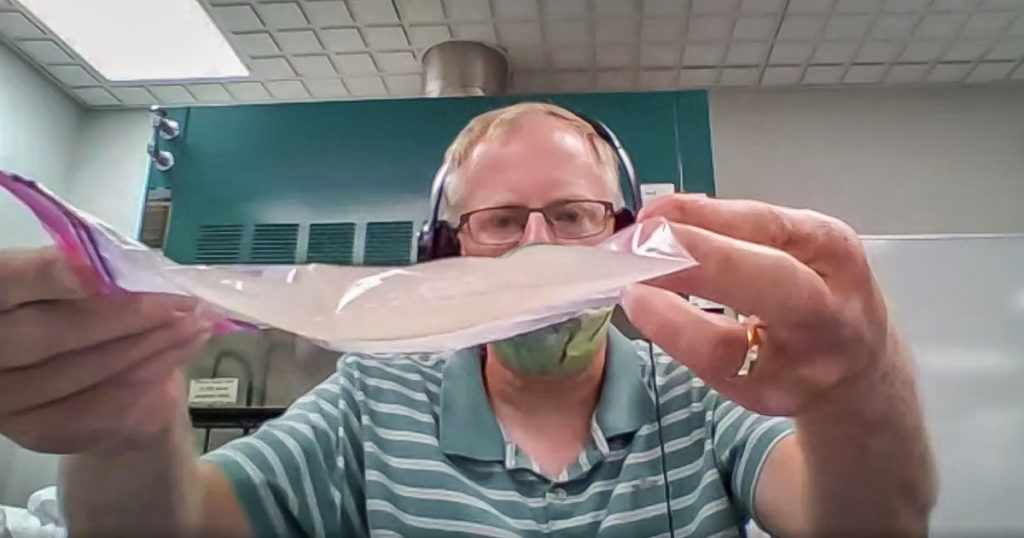This post is written by guest blogger, Peter Kritsch MS, Adjunct Instructor BTC Institute.
When I was in the middle of my junior year in high school, my family moved. We had lived in the first state for 12 years. I had gone to school there since kindergarten. Although it wasn’t a small district, I knew everybody and, for better or worse, everybody knew me. Often the first reaction I get when I tell people when we moved is that it must have been hard to move so close to graduation. The reality is . . . it really wasn’t. In fact, it was quite liberating. See, I didn’t have to live up to anybody else’s expectations of who I was based on some shared experience in 2nd grade. I had the opportunity to be who I wanted to be, to try new things without feeling like I couldn’t because that wasn’t who I was supposed to be.
As long as I refrained from beginning too many sentences with “Well at my old school . . . “ people had to accept me for who I was in that moment, not for who they perceived me to be for the previous 12 years. Now, the new activities were not radically different. I still played baseball and still geeked out taking AP science classes, but I picked up new activities like golf, playing basketball with my friends, and even joined the yearbook. I know . . . “radically different.” The point is that the new situation allowed me to try something new without worrying about what had always been.

The pandemic has forced a lot of us to move our classrooms online. In a short period of time, everything changed about how education was done. Our prior teaching experience, including the experience I had with doing blended learning (ooops . . . “back at my old school”), was helpful to a point. But we quickly found out that being completely virtual was different. And as science teachers, how do you do more than just teach concepts when online? How do you help students to continue engaging in the crucial parts of science – observing, questioning, designing, analyzing, and communicating?
Continue reading “Biotechnology Teaching Online: A New Way to Look at Scientific Notebooks”